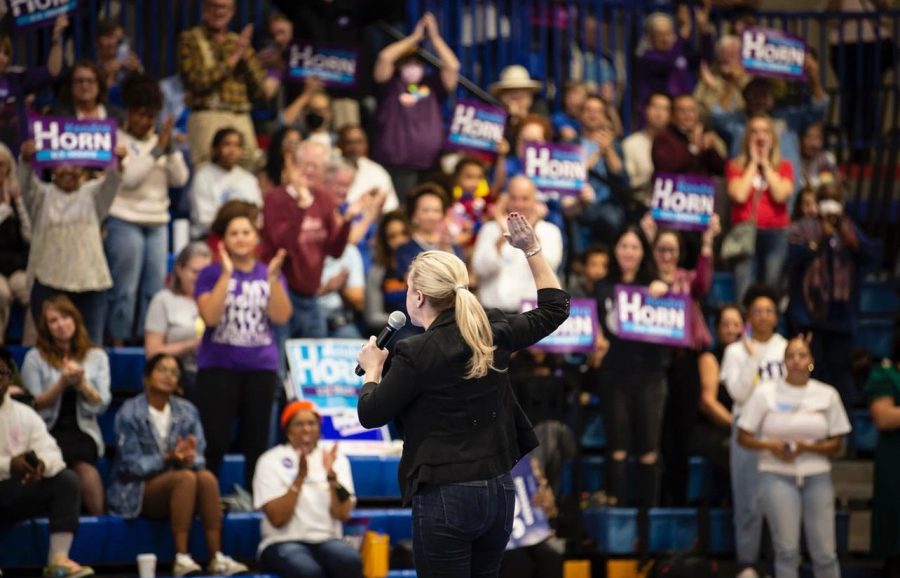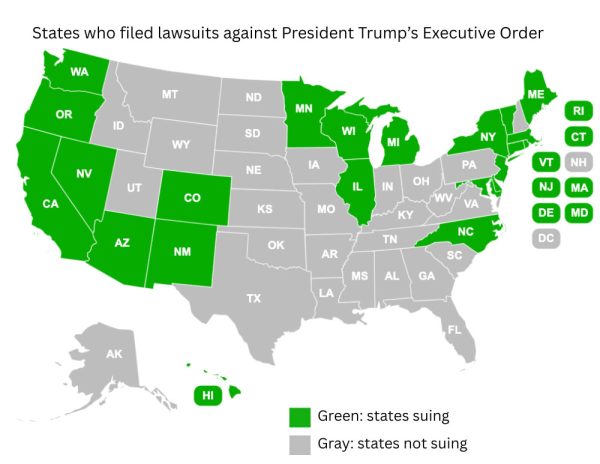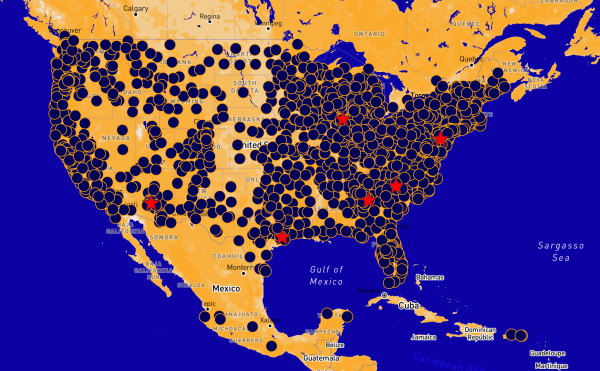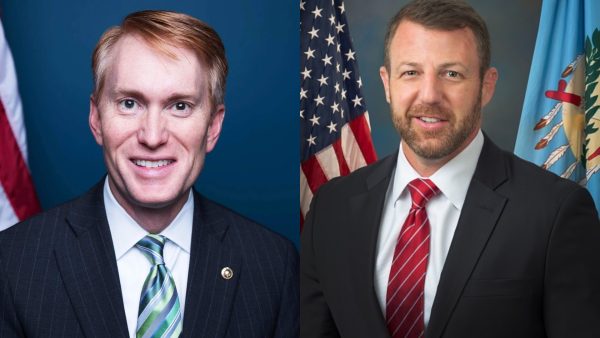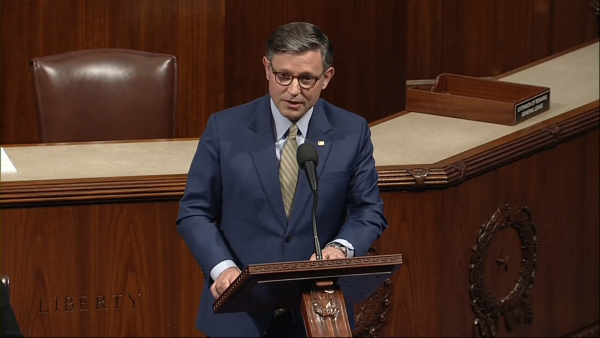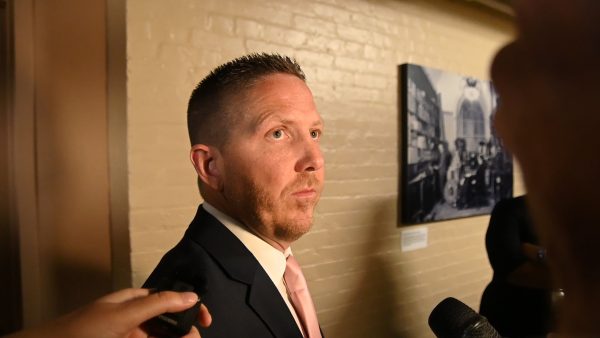Candidates counting on young people to go to the polls
Kendra Horn addresses the crowd at her rally on Sunday, Oct. 30. (Photo courtesy of @kendrahornok on Instagram)
Roe v. Wade and hot-button issues that include gun control, education, public health and national security may be the issues that tip the balance for a generation more politically involved than ever.
Increasing numbers of Generation Z Americans are now eligible to vote, and across Oklahoma many are facing their first gubernatorial election cycle.
An Amber Integrated poll called the governor’s race a virtual dead heat, with 45.3% of Oklahoma voters in favor of incumbent Republican Gov. Kevin Stitt and 45.9% favoring Joy Hofmeister, the State Superintendent of Public Instruction and Democratic nominee. With the race neck and neck, young first-time voters could be the tipping point.
J’Kalya Compton, 20, who is studying to become a teacher, said Oklahoma’s current public education system and the children going through it are motivating her to vote in this election.
“I feel like (students) are the most underrepresented individuals out in our country, and our state,” Compton said. “And I want to be able to help voice what they have problems with within their society and in their state, and just let them know that just because you’re young it doesn’t mean you can’t get out and be active in your democracy.”
Compton, who is originally from Texas but went through the Oklahoma education system, said she became involved in politics after participating in the 2018 teacher walkout and witnessing the Parkland shooting walkouts the same year.
“It just made me realize that there’s issues going on in Oklahoma and our school systems and that we need to get out and participate in it,” said Compton, who attended a recent rally for a Democratic candidate. “Our teachers did half the work, we need to show up and do half the work as well.”
What she looks for in a candidate is someone who is “transparent and honest.”
“I’m not looking for somebody who has all the right answers, or that can give me the best statement,” she said. “I’m just looking for someone to be honest, be real. We’re all messy people, we all have messy lives, but how you come out of that mess and how you represent for others and yourself as well…that’s what I look for.”
U.S. Rep. Markwayne Mullin (R, Long Grove), who days before the election had a 13-point lead over Democratic nominee Kendra Horn in the race to succeed longtime U.S. Sen. Jim Inhofe, who is retiring, said one thing he’s noticed about Generation Z is how “inquisitive” they are.
“When we start looking at this younger generation, they do the research,” Mullin said. “And most of the time when you’re engaging with somebody, you better know your stuff, because they do and they’ll ask you questions.”
Mullin said he’s “excited” about the level of involvement he’s seen in high schools and on college campuses, because to him, it’s higher than what he’s seen in past generations.
“I think that’s the neatest thing about this generation is that they’re very engaged, and that is, to me, a bright light for our country,” he said. “The fastest way to lose a republic is when people quit going out to the polls and stop believing in the democracy that we enjoy.”
Horn said not enough young people are voting, and if the challenges that face Oklahoma are to be fixed, this needs to change.
“The truth is, we’re not making our voices heard at the ballot box, especially young voters,” Horn said. “My message to Gen Z is make sure you show up and make your voices heard at the ballot box, because that is the most effective way to create change.”
According to her, if young voters don’t vote on the issues they’re passionate about, those who disagree politically will.
“We are not hopeless and we are not helpless, but we have to make our voices heard at the ballot box,” Horn said. “And we have to be honest with ourselves; real change takes time and it takes continued effort, and we all have to show up to be a part of that.”
While Generation Z voters might be passionate about certain issues, that might not be enough to get them to the polls. In the Amber Integrated poll sample size, only 29 surveyed were between the ages of 18 and 29, with 40% favoring Stitt and 54% supporting Hofmeister.
Madison Farris, 21, of Stillwater, who became involved in politics after resigning as editor-in-chief at her university’s newspaper, said she would define Generation Z as “uninvolved.”
“I need to see more people involved,” Farris said. “Of course, I’m conservative, of course I’m Republican—but if you’re a young person and you’re voting I’m proud of you for getting involved. Let’s talk about these issues that so many of us are so passionate about.”
Farris said she grew up in a household that “didn’t talk about politics,” causing her to register as unaffiliated at first. She said her deciding factor on choosing a political party was when she realized what she valued and believed in and who aligned with that. She encourages others to do the same, and “look up” who they’re voting for before casting a ballot.
“It is such an important thing in this country, and it’s such an honor and a privilege,” Farris said. “We’re not forced to do it, which I think is a good thing. But I wish that more people would see the value in voting for who’s representing you.”
Gaylord News is a reporting project of the University of Oklahoma Gaylord College of Journalism and Mass Communication. For more stories by Gaylord News go to GaylordNews.net.

